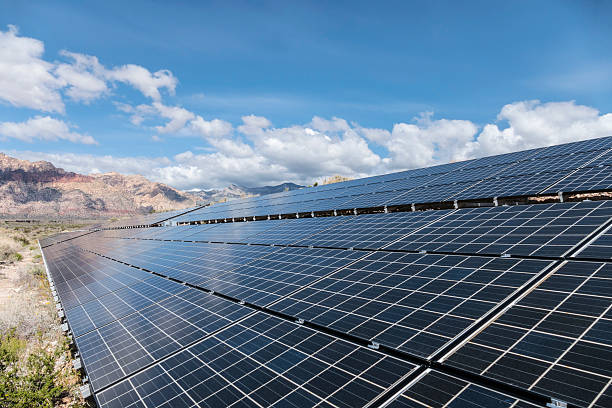UCSD to develop next-generation solar cells

CALIFORNIA – The U.S. Department of Energy’s Solar Energy Technologies Office (SETO) has announced that a team of researchers led by MIT and including the University of California, San Diego (UCSD) has been selected to receive an US$11.25 million grant to establish a new research center that will advance the development of next-generation solar cells for commercial use.
In collaboration with industry leader CubicPV, Verde Technologies and Princeton University, the center will bring together teams of researchers to support the creation of what are known as perovskite-silicon tandem solar modules. These are cells made from stacked materials-silicon paired with perovskites-that together absorb more solar spectrum than the materials separately, resulting in a dramatic increase in efficiency.
UCSD reported that current methods for creating perovskite layers require laborious rounds of iteration and design testing that have been difficult to replicate at scale, precluding their development for commercial use.
In addition, with current methods there is often a trade-off between stability and efficiency. The new research center will address these challenges using a co-optimization framework guided by machine learning and automation. Researchers will work together to develop tandem solar modules co-engineered for both stability and performance, with the goal of significantly accelerating R&D and the transfer of these achievements to commercial environments.
“Urgent challenges demand fast action. This center will accelerate the development of tandem solar modules by bringing academia and industry closer together,” said MIT mechanical engineering professor Tonio Buonassisi, who will lead the center. “We are grateful to the Department of Energy for supporting this powerful new model and excited to get to work.”
The center will be called Accelerated Co-Design of Durable, Reproducible, and Efficient Perovskite Tandems, or ADDEPT. The grant will be administered through MIT’s Research Laboratory for Electronics (RLE).
The MIT-led team was selected under SETO’s FY 2022 photovoltaic (PV) funding program, an effort to reduce costs and supply chain vulnerabilities, further develop durable and recyclable solar technologies, and advance perovskite PV technologies toward commercialization.
